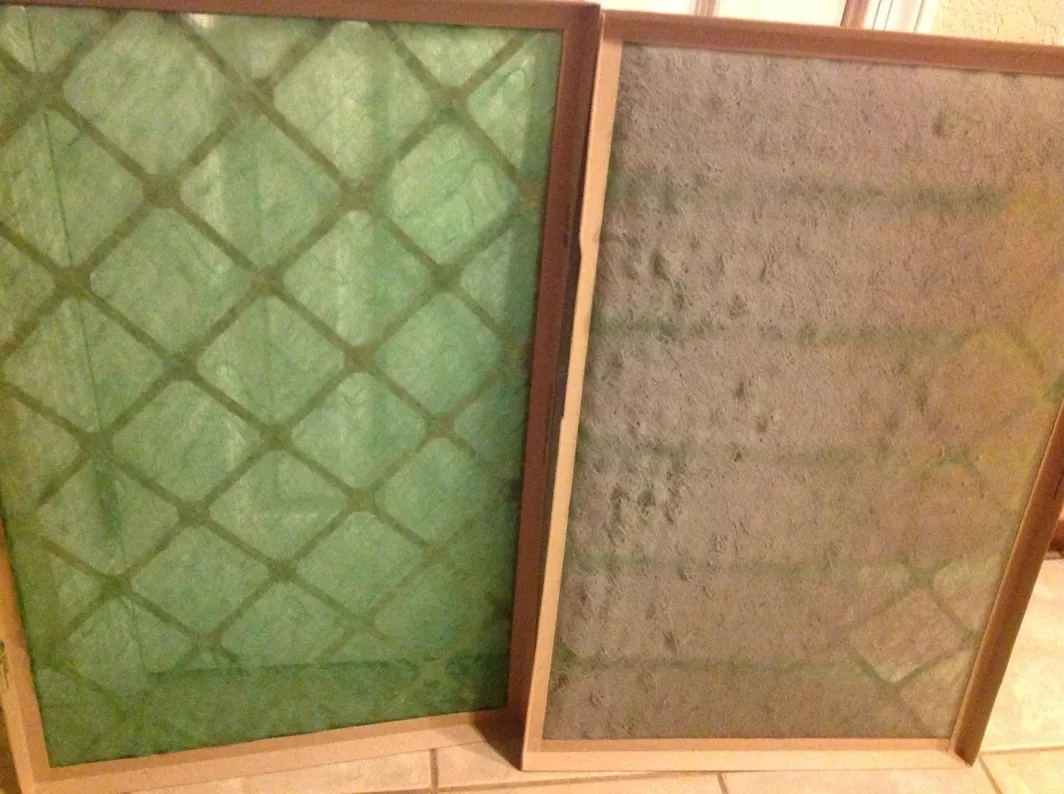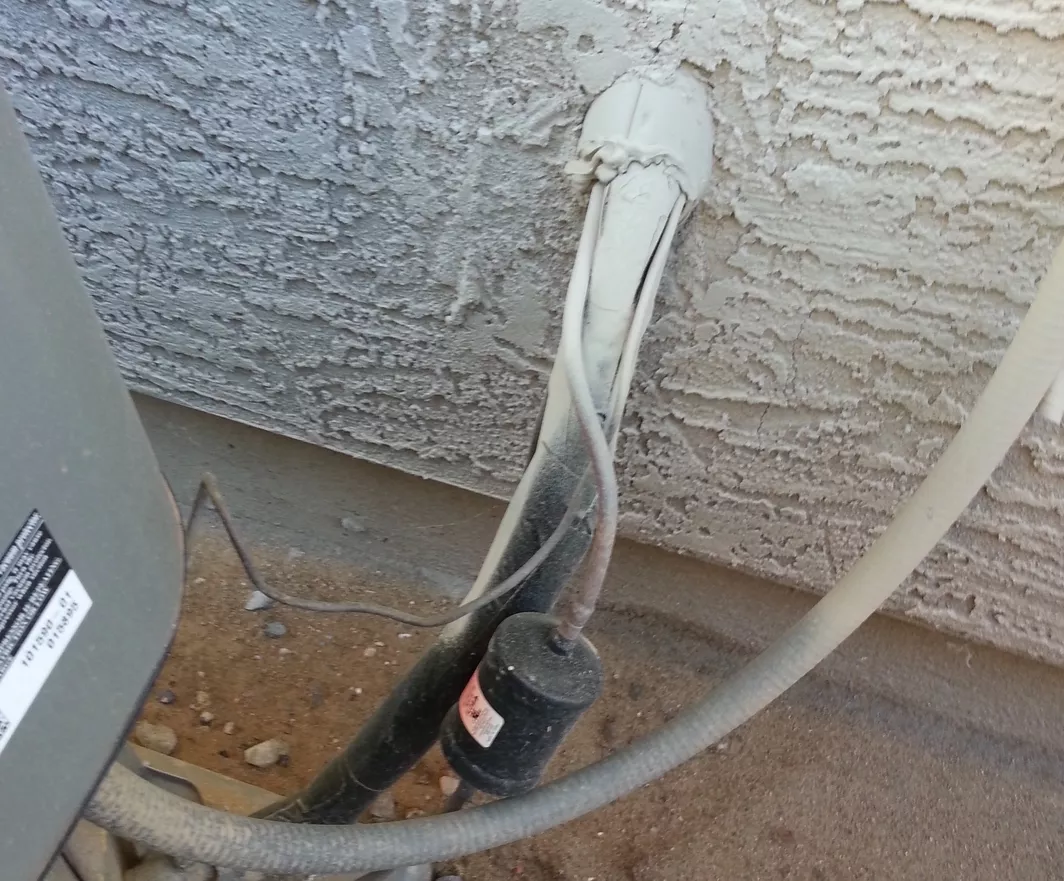Why Is My AC Frozen?
Have you noticed your AC is covered in ice? Unfortunately, a frozen AC won’t resolve on its own. While it might defrost temporarily, the freezing issue will likely recur until you address the root cause.
Amidst hot Texas summers, not having a functioning AC can be very frustrating. So to help you avoid this issue in the future, let’s explore some of the most common causes that lead to a frozen AC unit:
- Clogged Air Filters
- Blocked Return Vents
- Dirty Condenser Unit
- Low Refrigerant
The good news is that regular AC maintenance addresses all of the above issues, so we recommend keeping up with regularly scheduled tune-ups to avoid a frozen AC system.
Want Reliable Air Conditioning this Summer?
Call the experienced, NATE-certified technicians at Jon Wayne for speedy AC repairs today and we’ll help you resolve any AC freezing issues and keep your cooling system in top shape. We’ll arrive quickly, diagnose the problem, and usually have it repaired in just a few hours.
Clogged Air Filters

Air filters pull lots of dust, debris, pollen, and other pollutants out of the air circulating in your home. When the filter is left in too long, it eventually starts to clog and then reduces the air flowing through your AC system. This leaves your evaporator coils without the warm air needed to keep them unfrozen.
You see, the evaporator coils are where the coolant for your system sits. Warm air blows across the evaporator coils and cools off before being delivered throughout your home. If warm air can’t get to the evaporator coils, the air blowing across gets increasingly cold and eventually causes a freeze.
So, if a clogged filter is the cause of your frozen AC, turn the unit off to thaw. Once the ice has melted completely, replace the filter on the system. Depending on the size and type of filter in your system, it may need to be replaced as often as once every one to three months. You may even want to replace them more frequently if you share your home with pets. If you aren’t sure where your air filter is or how to replace it, have Jon Wayne come out to show you and perform seasonal maintenance. We’ll help get your unit running better for the season.
Blocked Return Vents
Like clogged air filters, blocked return vents can impede the flow of warm air over the evaporator coils, eventually leading to the freezing of your unit. However, unlike air filters that may gradually accumulate debris, this problem typically occurs suddenly, resulting in a noticeable and abrupt change in temperature.
Return air vents are strategically located throughout your living space and can be blocked by furniture or drapes. Check for any obstructions that might be hindering the airflow and consider cleaning them to ensure dirt and dust are not contributing to the issue.
Moreover, ensuring that all return vents are fully open, even in unused rooms, is crucial. Your unit relies on these vents to maintain proper airflow; blocking them can cause more than freezing. It may lead to further AC malfunctions and inefficiencies.
Take proactive steps to prevent AC freezing due to blocked return vents. Regularly check and clean the vents to maintain unobstructed airflow and ensure your unit operates efficiently. At Jon Wayne, we assist you with all your AC maintenance needs. Contact us today for expert guidance and reliable solutions to keep your cooling system running smoothly.
Dirty Condenser Unit
While indoor dirt can cause its share of issues, outdoor dirt might be the culprit behind your frozen AC. When your outdoor condenser coils become dirty, it can lead to your unit freezing up and malfunctioning. Dust, pollen, and debris accumulation suffocates the coils, obstructing airflow and causing the freeze. This dirt buildup occurs gradually, underscoring the importance of regular, thorough cleaning for your unit.
Take preventive measures to maintain your condenser unit’s efficiency. Ensure that no weeds or plants surround the outdoor unit, and trim any trees that might overhang it. The less air constriction around the unit, the better it can perform.
However, if the issue arises from dirty condenser coils, avoid attempting to clean your unit unless you possess the necessary experience. Condenser coils are delicate and sensitive, and mold or mildew growth may require professional remediation. For the best results and to avoid causing further damage, seek the expertise of experienced professionals.
Low Refrigerant

Low refrigerant levels can lead to the freezing of your air conditioner, but how does it happen? When there’s a shortage of refrigerant, it causes low pressure in the system. As a result, the remaining refrigerant expands, creating an icy environment. This very cold air then freezes components like the lines and coils that come into contact with the refrigerant.
You might be wondering, can’t you simply add more refrigerant if it’s low? Unfortunately, it’s not that simple. AC units have closed systems, and if there’s a loss of refrigerant, it indicates a leak somewhere that needs to be identified and fixed. It’s essential to call in an HVAC expert, like those at Jon Wayne, to locate and repair the leak before adding more refrigerant.
It’s crucial to remember that handling refrigerant is not safe for untrained individuals. Refrigerants are toxic and require special training for proper and safe handling. Leave this task to professionals with the expertise and training to handle it responsibly.
Want your frozen AC fixed ASAP? Call Jon Wayne!
Contact Jon Wayne today for speedy and reliable AC repairs. With 200 trucks on the roads throughout San Antonio, our NATE-certified technicians have some of the fastest response times and can usually repair your system in a single visit.
